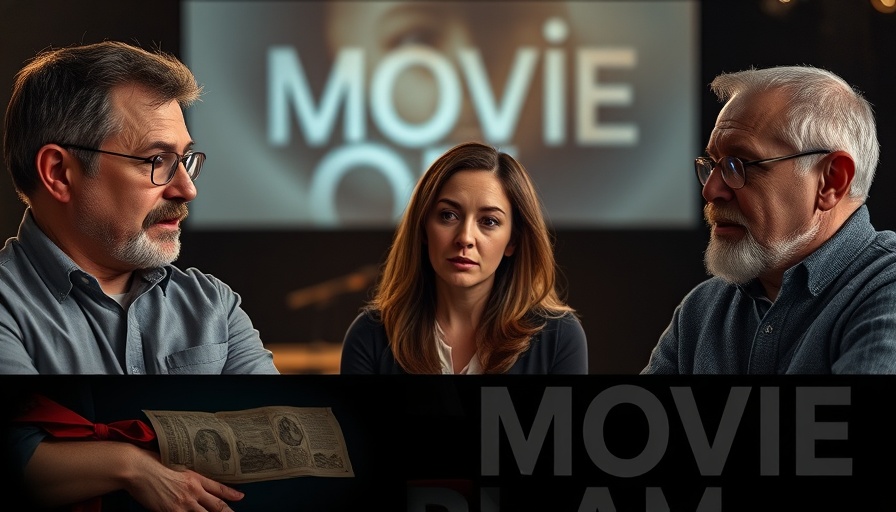
Michael Knowles Shares His Painful Journey Through the New Snow White
It’s not often one hears about the rigorous trials faced by film reviewers, but when Michael Knowles, the host of the Michael Knowles Show, took on the challenge of watching the latest iteration of Snow White, it became a topic of some discontent.
In 'Michael Knowles Suffered Through 'Snow White' So You Don't Have To,' the video presents a critical overview of how the remake diverges from tradition, sparking a deeper analysis of its impact on societal values.
Knowles expressed that while he possesses a generally fair approach to films—even enjoying projects typically deemed liberal, like Barbie—his experience watching the reimagined Snow White was overwhelmingly disappointing. In his assessment, he stated, "it just takes a beloved movie and makes it much more boring and much less realistic." If that isn't a heavy critique, it’s hard to imagine what could be worse for a film.
Straying from Tradition: Major Departures from the Original
One of the noteworthy discussions around the film stems from how it diverges from the classic 1937 original. The movie's protagonist, Snow White, is depicted with a different racial background, which Knowles noted as a significant departure that attracted considerable attention. He argued that fidelity to a character's roots should be preserved when creating adaptations, specifically mentioning how casting choices should align with the original's identity.
"If you did the autobiography of Malcolm X, would you cast Tom Hanks?" he provocatively asked, pushing viewers to reflect on the absurdity of reshaping character identities for the sake of liberal agendas.
Redefining Love: The Transformative Shift in Storytelling
Moreover, Knowles pointed out the notable changes to the love story central to the original film. Instead of a prince vying for Snow White's affections, the new film introduces a common criminal as a romantic figure. This shift serves to undermine the traditional archetypes of love and romance in fairy tales, reflecting broader discussions on class and liberal influences in Hollywood. "The sexual and regime politics have been altered significantly," he remarked, indicating that viewers may find themselves struggling to recognize the essence of a classic tale.
The frustration deepens when considering the implications of this narrative shift: it emphasizes a political narrative rather than a personal one, which Knowles argues detracts from the film's original charm.
The Broader Implications of Modern Storytelling
The cultural ramifications of these storytelling changes impact far more than just filmgoing experiences. Knowles discussed how the modifications serve larger ideological movements that extend into society at large, questioning whether they truly enrich or detract from story depth. Can tales once steeped in traditional values survive the onslaught of modern political correctness without losing their very essence?
As he highlighted various changes, he remarked, "every deviation from the original story was done for a reason," compelling us to consider how art and media shape our worldviews and societal structures.
A Cautionary Tale for Hollywood
At the end of Knowles' critique, it becomes evident that the struggles faced by the new Snow White extend beyond its cinematic quality. They reflect broader struggles within America regarding democracy, economy, and the very nature of storytelling itself amidst a rapidly shifting cultural landscape.
When beloved classics are remade through the lens of political ideology, what does that say about the direction our creative industries are heading? Are we losing sight of what made these stories beloved in the first place? As Knowles points out with his insightful commentary, these decisions impact more than entertainment; they shape ideological frameworks that can influence generations.
In light of this discourse, engaging with what we consume in media becomes crucial, particularly for conservatives looking to understand the undercurrents of contemporary culture. Knowles’ painful experience serves as a reminder of the importance of authenticity, integrity, and, above all, the need to challenge narratives when they deviate from foundational truths.
If you're interested in exploring how the media influences our societal values, take a moment to reflect on how modern storytelling shapes your worldview. It's time to advocate for stories that retain their integrity and cultural roots. Join the conversation and make your voice heard.
 Add Row
Add Row  Add
Add 




 Add Row
Add Row  Add
Add 

Write A Comment